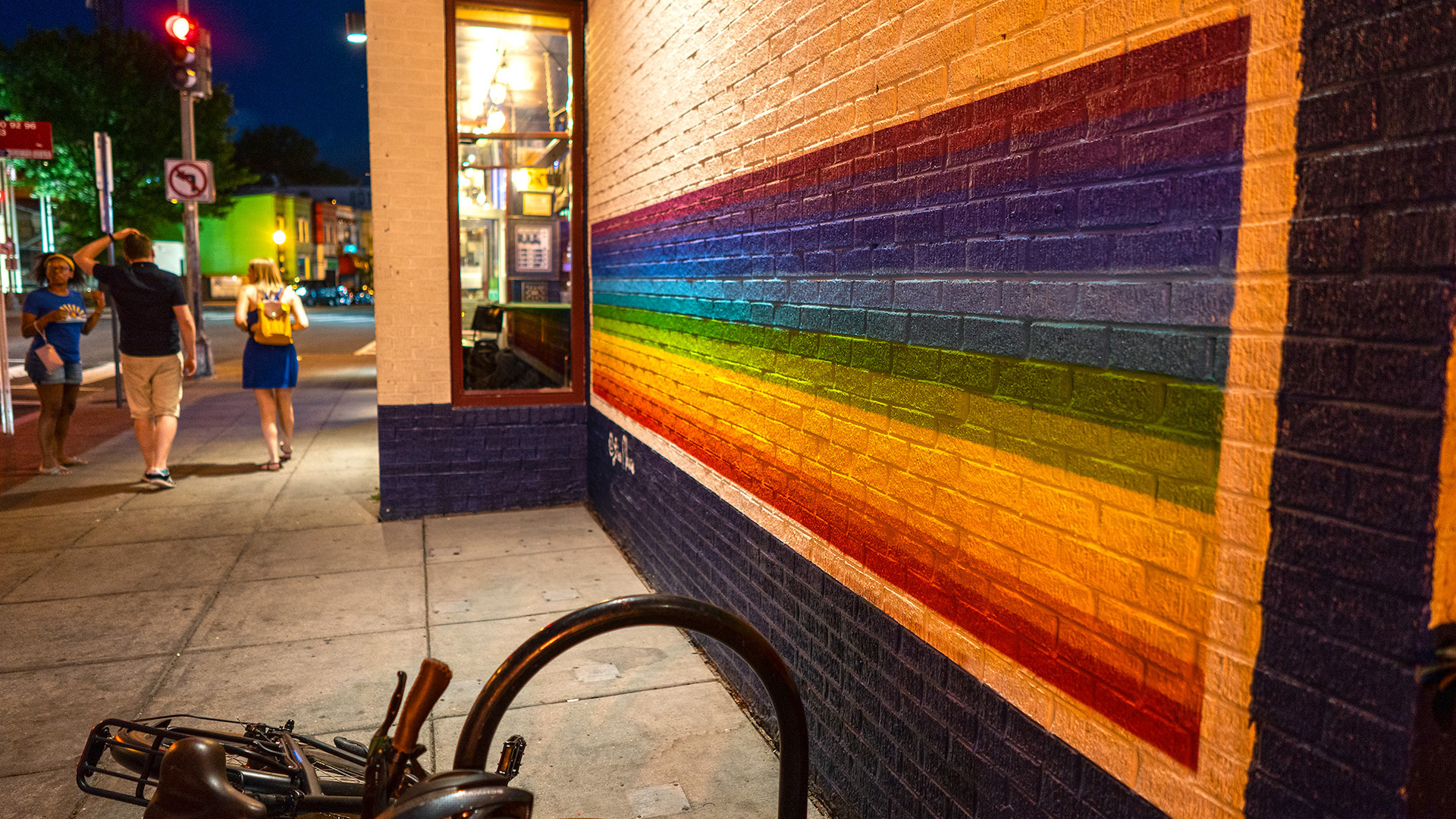Two thirds of LGBTQ+ young people said they were repeatedly belittled by their family members before they became homeless.
Half said they feared that expressing their LGBTQ+ identity would lead to eviction.
When facing homelessness, we also know that LGBTQ+ young people often don’t know where to turn.
We found that less than half (44 per cent) knew of any housing support available to them, and less than one quarter (24 per cent) knew of any support available to them in general. Less than one third (35 per cent) reached out to their local authority for support.
Of those who did seek support, over half (59 per cent) faced some form of discrimination or harassment, including one fifth who experienced ‘dead-naming’, i.e., referring to a trans person with the name they were assigned at birth.
Just 40 per cent felt services staff understood why they’d become homeless.
Advertising helps fund Big Issue’s mission to end poverty
So how can we help support LGBTQ+ young people facing homelessness?
We must urgently raise awareness of how LGBTQ+ young people are specifically and disproportionately impacted by homelessness.
It’s vital that people know this issue is not marginal nor shrinking. During the first lockdown, akt saw a 118 per cent spike in the number of new young people self-referring or being referred to our services during the first lockdown period compared to the same period the year before.
We’re calling on the Government, local authorities, housing and homelessness services, general services and the LGBTQ+ sector to all play their part in preventing LGBTQ+ youth homelessness and supporting those who face it.
Monitoring of sexual orientation and gender identity in services must become mandatory if we are to paint an accurate picture of need.
We need to find out why LGBTQ+ young people aren’t accessing local authority support.
Advertising helps fund Big Issue’s mission to end poverty
And we need to improve the inclusiveness of service delivery based on the recommendations made by LGBTQ+ young people in this report. This extends to specific support for groups like LGBTQ+ young people of colour, trans young people and disabled LGBTQ+ young people, who we know face disproportionate and specific barriers and discrimination while homeless.
It is only with joined-up efforts, led by the voices of those with lived experience, that together we can work to ensure no young person has to choose between a safe home and being who they are.
Matt Horwood is director of communications and campaigns at akt. Read the full report here:www.akt.org.uk/report.









